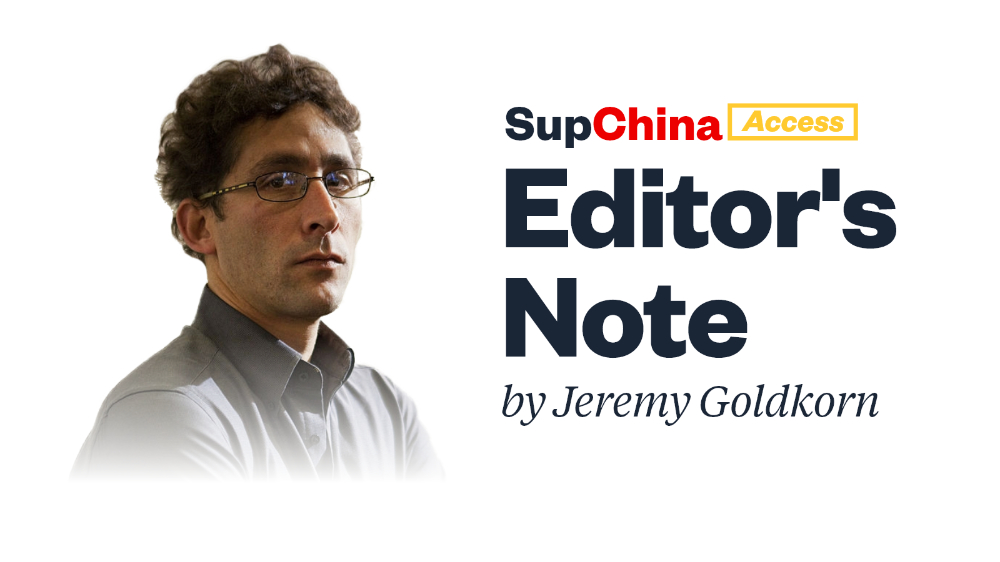Editor’s note for Thursday, June 10, 2021
A note from the editor of today's The China Project Access newsletter.

My thoughts today:
“Recently retired Mossad chief Yossi Cohen expressed skepticism over Washington’s increasingly tough approach to China on Monday…during a lecture at Bar-Ilan University,” reported Israeli newspaper Haaretz. He declared:
I do not understand what the Americans want from China. If anyone understands, they should explain it to me. China isn’t against us and is not our enemy.
This is completely counter to what is rapidly becoming conventional wisdom not only in the U.S. but in most English speaking countries, and in much of Europe. But Cohen’s thinking is not rare in other parts of the globe. This, for example, is from an essay by Dino Patti Djalal, a former Indonesian ambassador to the United States, and a former Indonesian deputy foreign minister:
Southeast Asians hear the alarm sounded by the Biden administration on the danger democracy is facing from autocracy, explicitly referring to China. Yet the reality on the ground is that no Southeast Asian country particularly minds China’s political system, mainly due to the principle of non-interference, but also because they simply have no interest in China’s domestic politics.
Similarly, former minister of public works in Liberia W Gyude Moore has argued that African countries should not pick a side in the coming contest between the U.S. and China: “The continent is best served by charting its own course and sitting out the coming Cold War.”
Such views may not be welcome in Washington D.C., but they are very common in other world capitals, and that’s something that Washington is going to have to learn to live with.
Our word of the day is the new anti-foreign sanctions law (反外国制裁法 fǎn wàiguó zhìcái fǎ).
—Jeremy Goldkorn, Editor-in-Chief






